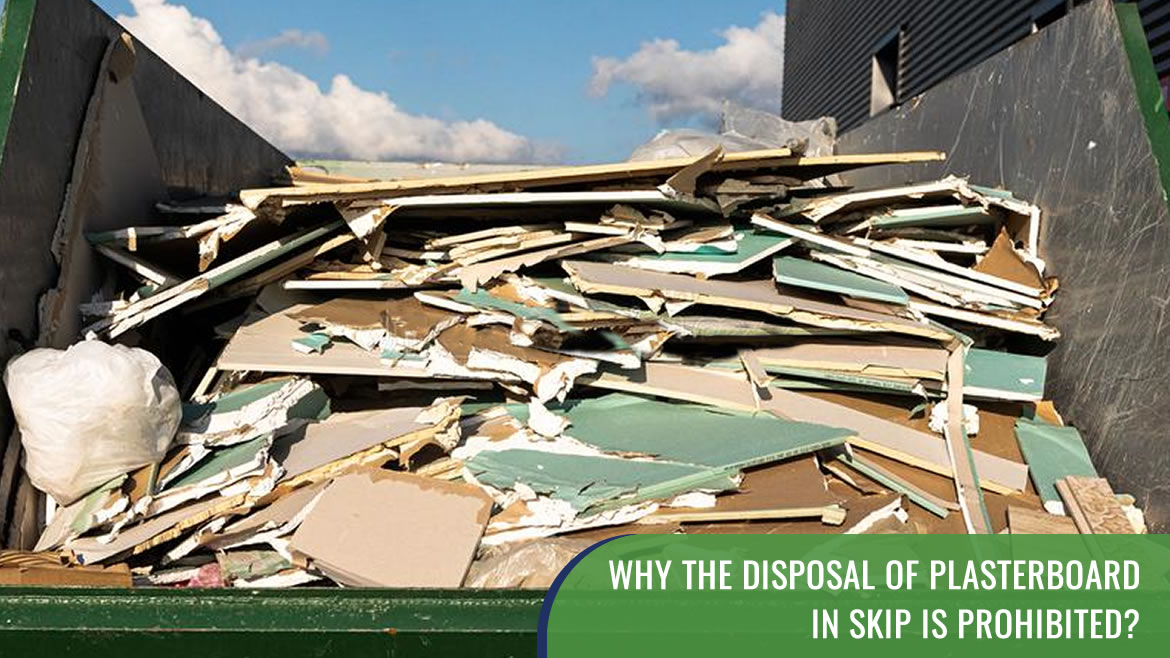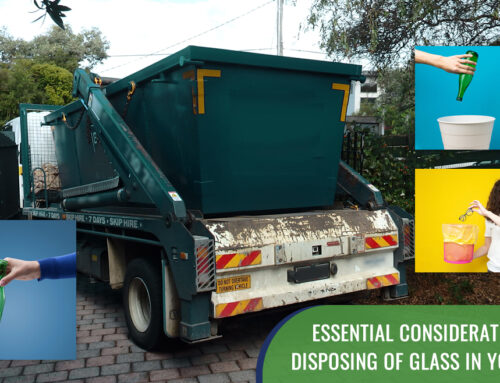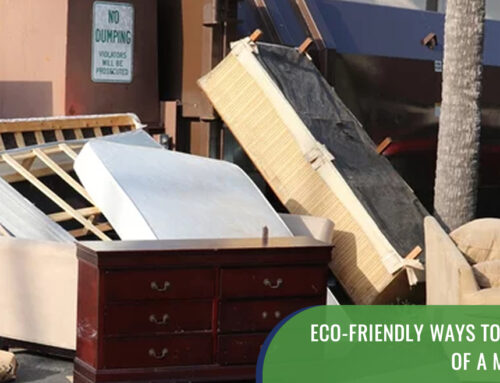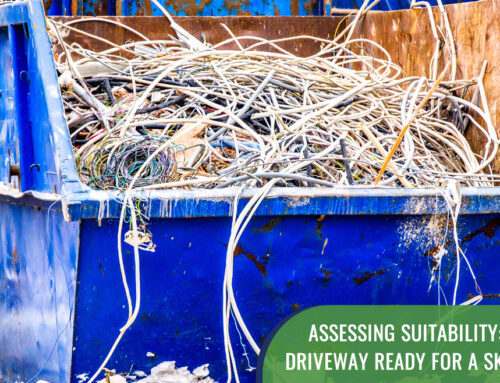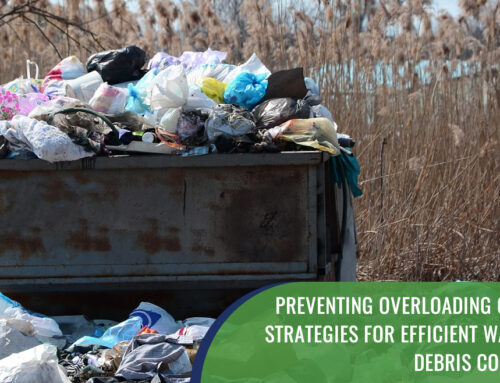It is very essential to understand so as why plasterboard aka drywall cannot be allowed to go into a skip as there have been confusing and conflicting ideas earlier about the same.
Here are a few facts to help you understand so as why disposal in this manner is to be avoided.
What is Plasterboard? And what are the dangers involved along with it ?
Plasterboard is a type of mineral called “gypsum” that normally gets pressed between two layers of lining paper and does not hold a threat on its own. It is also important to understand that usage of plasterboard isn’t harmful, however in certain cases for any reason if the plasterboard gets wet and disintegrate and happens to get mixed with other refuse heaps, like sand or cement or so, that is when it becomes a threat as it changes into a toxic and deadly gas called hydrogen sulphide gas. (This reaction or process is called putrefaction).
How and when the act and regulation pertaining to plasterboard got modified.
In the year 2005, The environmental agency decided that “ The landfilling of gypsum and other high sulphate containing waste along with other biodegradable waste will be strictly prohibited in England and Wales”. This decision was taken after understanding and researching the waste types that included sulphate was thoroughly done, and a conclusion was set that the amount of sulphate and the subsequent production of hydrogen sulphide gas was complex. And since gypsum is the main raw material for plasterboard, this was applicable for all plasterboard waste.
How plasterboard disposal needs to be handled.
Having these points in mind, it is therefore important to follow the below-provided guidelines to handle plasterboards.
- Make sure that under no circumstance the plasterboards or gypsum-based materials are to be mixed with other waste.
- Ensure that all plasterboard waste is kept separate and other waste material is kept separate.
- Once the plasterboards become damp or get mixed , they become difficult to handle.
- Try and plan in advance to avoid such hassles.
- Always leave plasterboard dry and away from the rain.
- Order individual skip for plasterboard waste and a different one for other types of waste clearance.
- Lastly and most importantly it is safer to order a skip bag for the disposal of the plasterboards or other gypsum-based materials.
Try and remember these points next time before you order a skip hire, always inform the skip hire in advance the things that you need to get sorted and also about the type of waste that you would want your skip hire to handle because by the end of the day, prevention is way better than cure.

